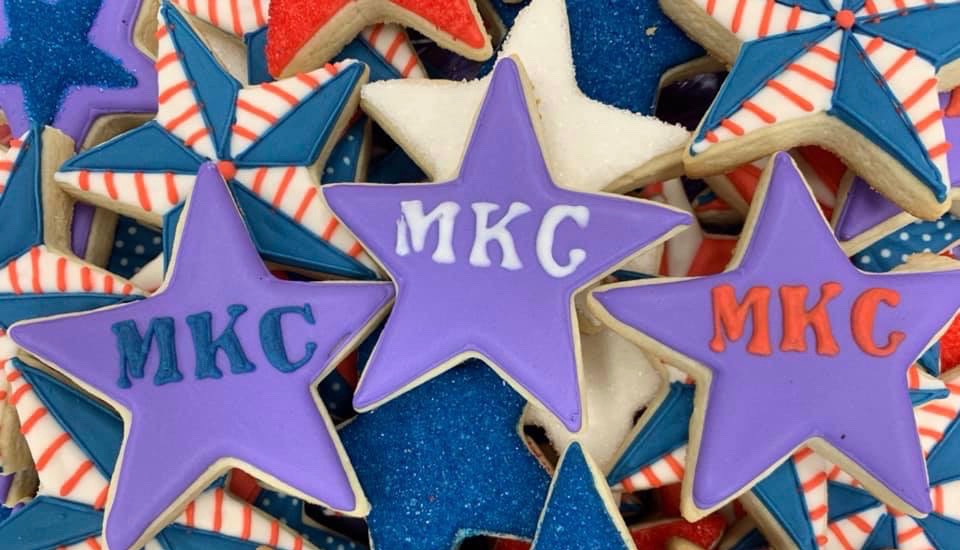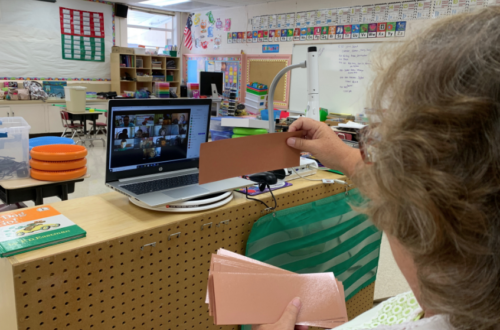
Five Ways Military Kids Clubs Help Students and Schools
A military kids club is a school organization especially for military-connected students. A military kids club helps military kids plug in quickly at a new school and community during the Season of Arriving, providing a venue for meeting other students with similar military-life experiences.
“Although they come from different branches of service, military kids have a meeting point in their friendship that is different from civilian friends,” says military mom and military kids club volunteer Stacy Allsbrook-Huisman. “It’s a quiet understanding, and it’s real.”
A military kids club can be initiated by parents, students, educators, or support organizations. Stacy, with help from her school’s Parent Teacher Association, helped create a military kids club at her children’s elementary school. She says the club benefits both students and the school in at least five ways:
Connection
At a new school, students meet other mobile military kids who understand her perspective. Military kids clubs can also work in tandem with buddy programs that connect new students individually.
Deployment support
Military kids club can connect kids who are experiencing deployment, enabling them to share their feelings with other kids going through deployment. These connections relieve feelings of fear and isolation.
Awareness
The numbers and participation in the club give the school and school district a window into the military population in their school.
Action
Awareness of military-connected students inspires professional development for teachers and staff about the experiences and needs of those students.
Celebration
When military kids connect, and the school is more aware of their presence, celebrating them takes on a new emphasis. Military kids club members can even take the lead for celebrating Month of the Military Child each April.
“Purple Up and Month of the Military Child are about military kids sharing their stories and celebrating their own experiences as much as others celebrating them,” says Stacy. “Having a military kids club gives them opportunities to share their way of life with each other and with their civilian peers.”
Amanda Trimillos, a teacher and mother of military-connected students, says being connected with other military kids was beneficial to her kids during deployment.
“It helped my children realize fellow classmates also had a parent deployed. It helped them feel part of an exclusive club,” she says. “I only wish every school would offer such an opportunity. It allows students to meet new friends and ensures no one is lost or alone.”
“I only wish every school would offer such an opportunity. It allows students to meet new friends and ensures no one is lost or alone.”
–Amanda Trimillos
To start a military kids club, Stacy and Amanda suggest beginning with support from a parent-teacher organizations or school guidance counselor. The club will need a teacher sponsor for accountability and support for a meeting location and materials.
“The program fits best under a PTA or PTO as an official program,” Stacy says, and suggests monthly, themed meetings for the students. Club goals should include offering a warm welcome and fond farewell for students moving in and out of the school.
Stacy has seen the club at her local school make a difference for military kids and for the school.
“After building the club with the support from my PTA, our military kids club became one of the largest clubs at the school with nearly sixty-five kids attending every month,” says Stacy. “Parents have sent emails thanking me and the school for helping their kids find their tribe after a new move. Every email I get brings me motivation to continue and few tears of gratefulness for the support of my school.”
Amanda Trimillos, EdD, and Stacy Allsbrook-Huisman are coauthors of Seasons of My Military Student: Practical Ideas for Parents and Teachers.
More about helping kids connect:
- New School: 5 tips to Prepare Your Student
- Military Kids Club Start-Up Plan by Stacy Allsbrook-Huisman at Families on the Homefront


